Main Content
If you have the heart, desire, and skills to save lives and protect New Jersey’s residents and environment, take EPH and join the next generation of environmental health professionals.
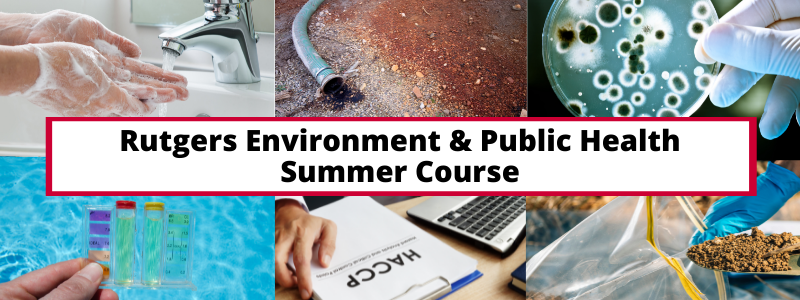
Why EPH?
Life’s too short to take just any job. The field of environmental health needs people that want to make a difference with their careers. To land a job, you need broad technical skills in areas ranging from epidemiological investigation to environmental inspection to emergency response. You also need experience and the REHS license. The Rutgers Environment and Public Health (EPH) summer course will get you there. This 8-week course and accompanying 200-hour (~ 5-week) unpaid internship provides the expertise and experience you need and helps prepare you for the REHS licensing exam.
EPH: An Intensive, Challenging, and Inspiring Experience
The job of an REHS is incredibly rewarding but not easy. The field is extremely wide-ranging, and even if your interests tend to fall into one particular area, such as food safety, an REHS may still be expected to understand and be able to work in a number of other areas depending on their workplace and role, including but not limited to sewage disposal, hazardous and solid waste management, air quality, and more.
To prepare you for this career in such a condensed time frame, Rutgers’ EPH Program is content-rich and very intensive. Students should be prepared to work hard in their studies. In addition, if it has been a while since you’ve taken a biology or chemistry class, we highly recommend that you check out our Chemistry and Biology Resources page prior to the start of EPH.
The pay-off for good attendance in classes, active note-taking and participation during classes, completion of assignments, engagement in study groups, and putting in the time and effort to master the material will be passing the EPH course, being better prepared to sit for the REHS Exam, and accomplishing it all in only one summer.
EPH Course Topics
The EPH course is comprised of various interspersed modules covering a wide range of topics in environmental health and management including:
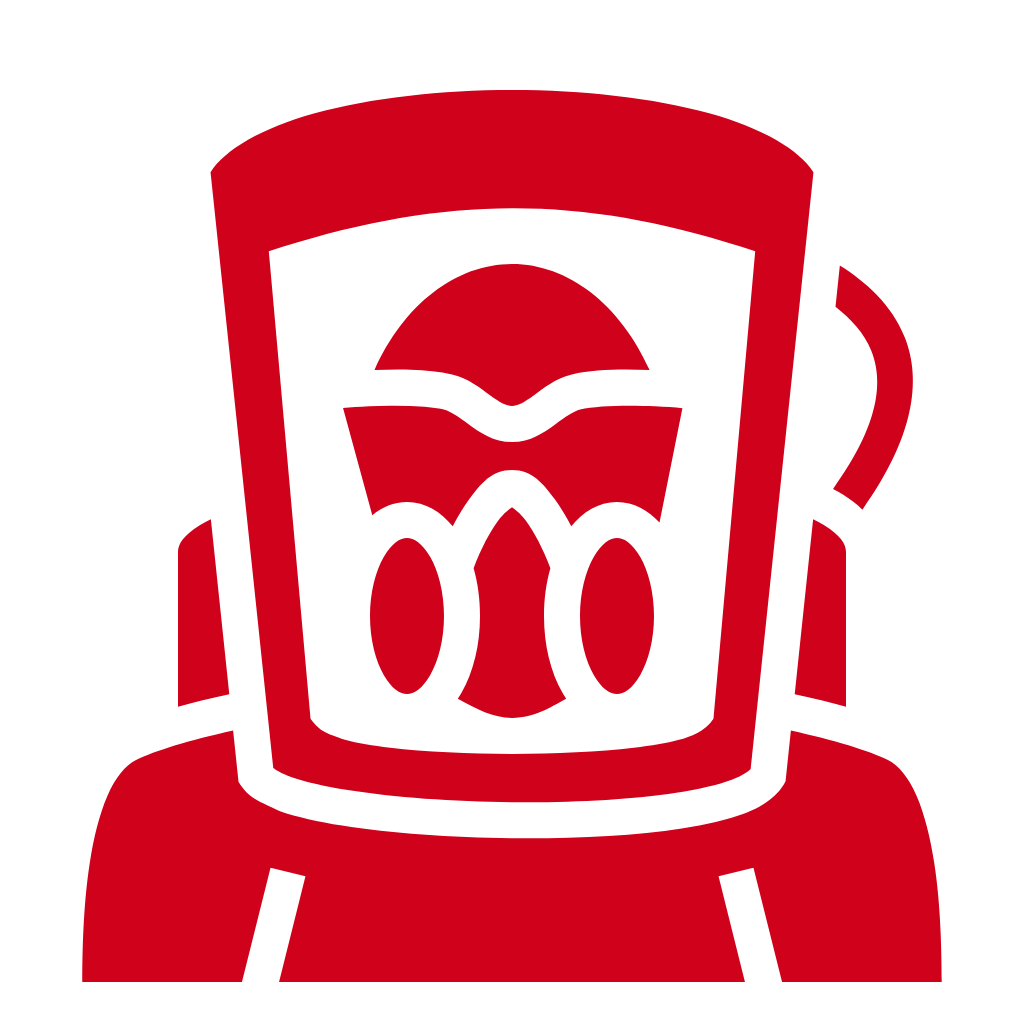
Environmental Pollution
Hazardous materials and pollution control strategies for air, soil, and water
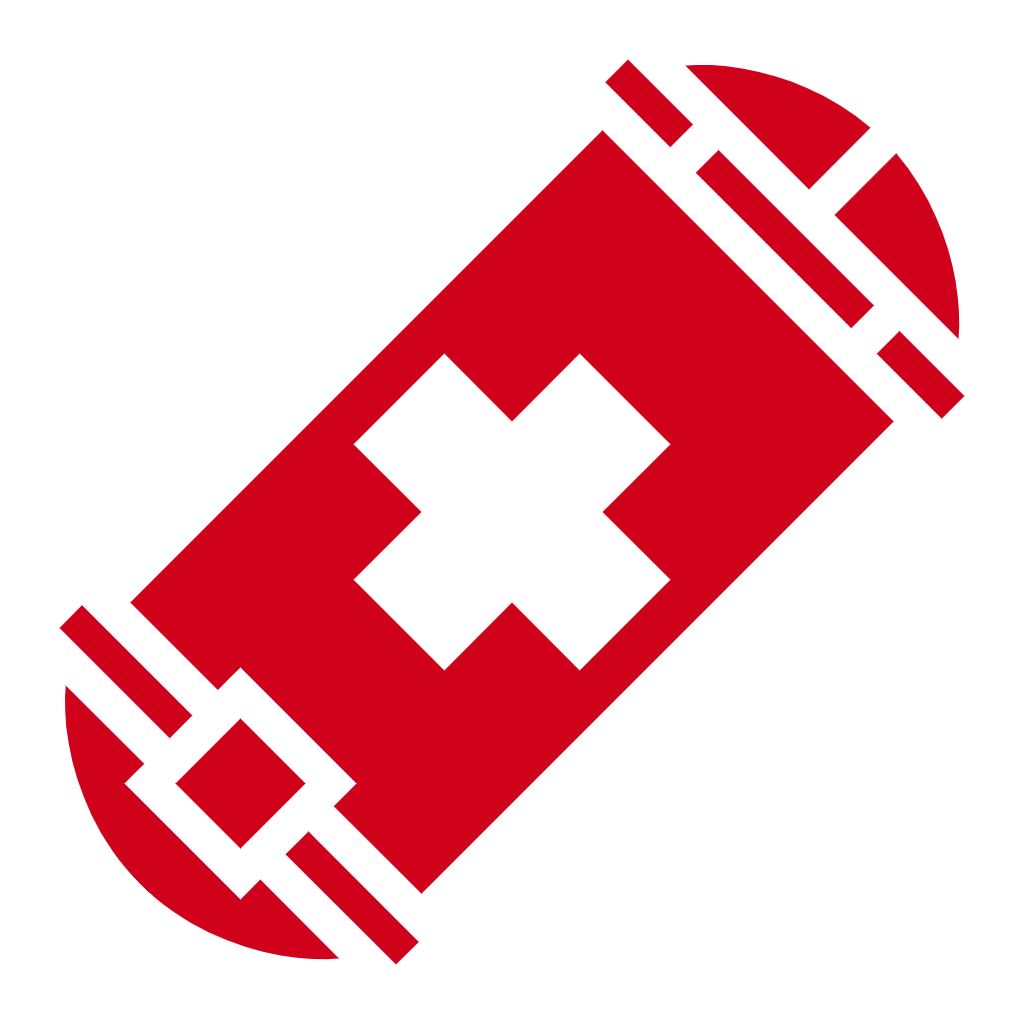
Epidemiology
Communicable disease, modes of transmission, and outbreak investigations

Public Health Microbiology
Microbes and the symptoms, transmission, and prevention of the diseases they cause
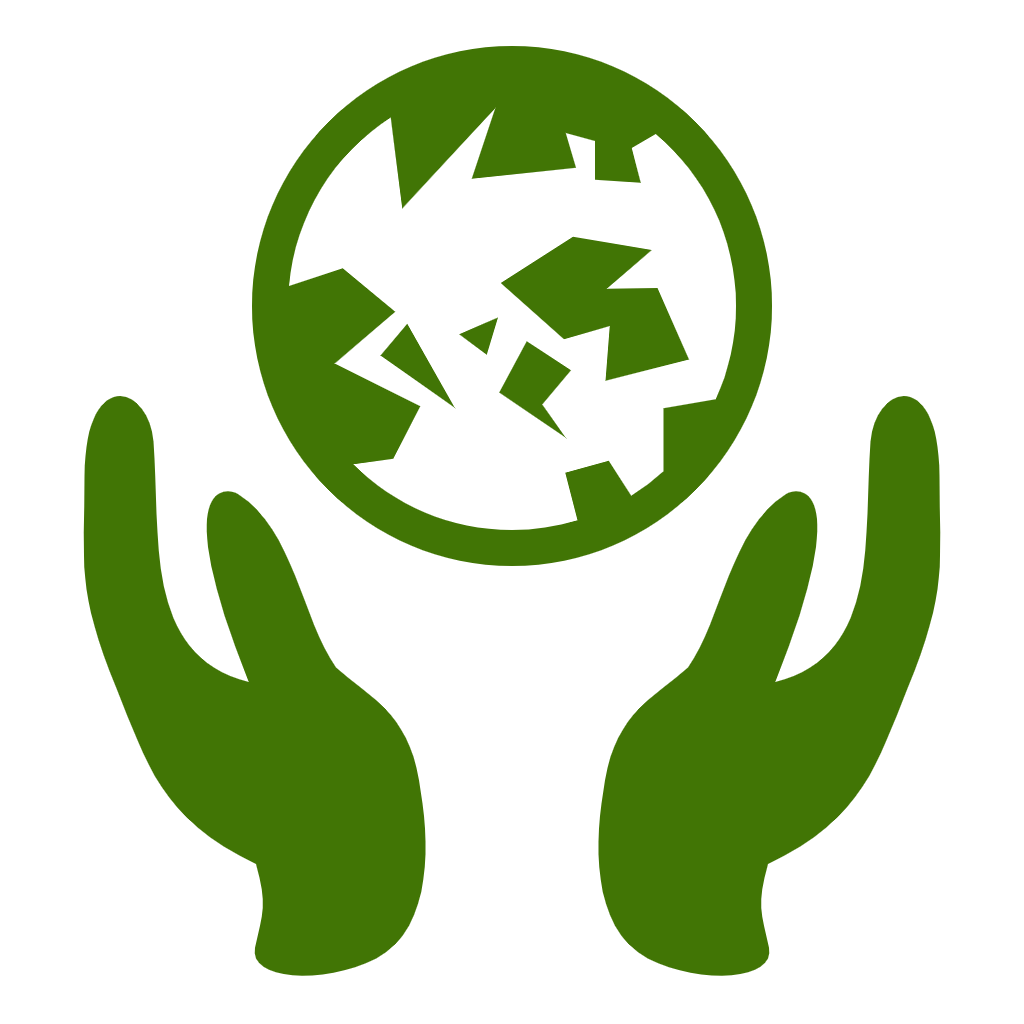
Public Health Sanitation
Principles and controls utilized to mitigate food, water, and zoonotic-borne diseases; safety principles and standards related to recreational bathing, youth camps, and medical waste

Soils, Septics, and the Environment
Soil logs, site evaluation, and onsite sewage disposal system design with a field day to apply what you are learning
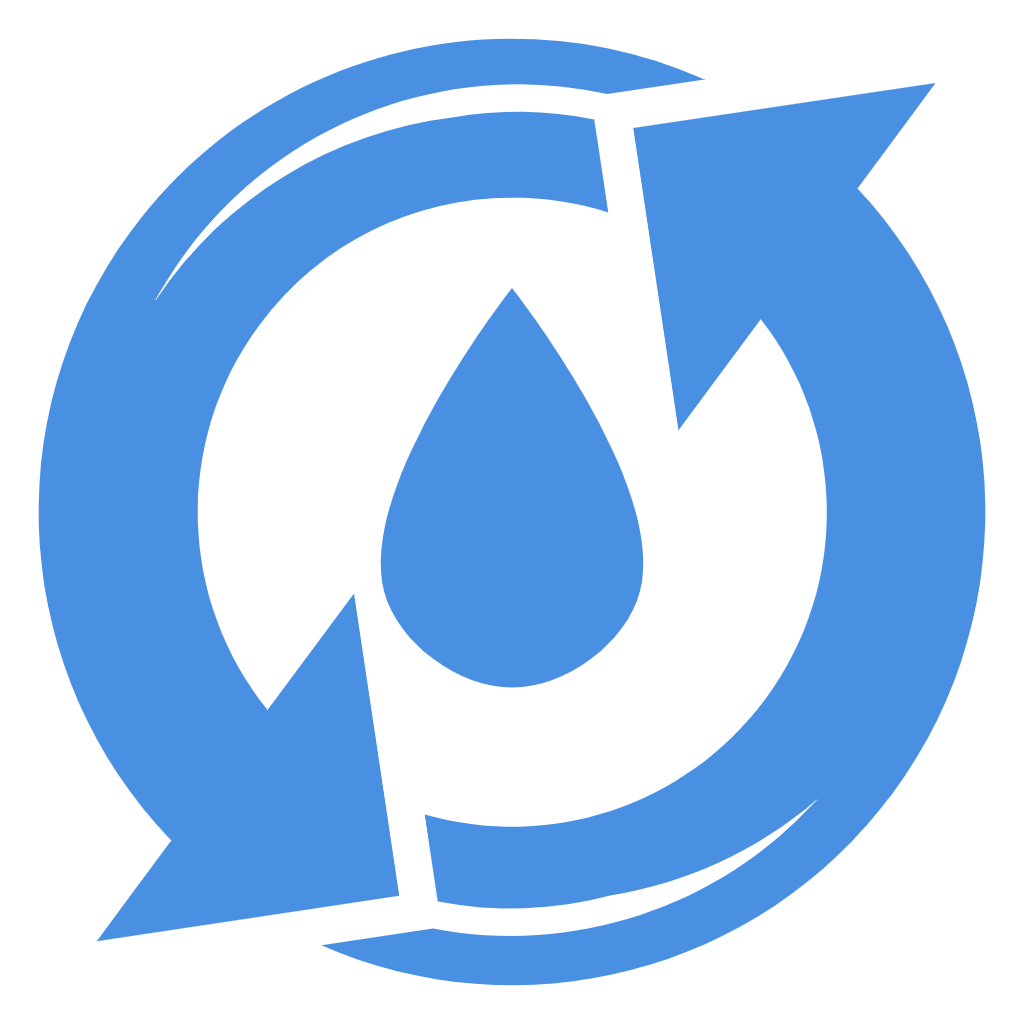
Water and Wastewater
Stream pollution investigation, water treatment systems, and a virtual field trip; also includes a brief chemistry review to ensure all students are up to speed

Selected Topics
Pest identification and control, risk communication, resume writing, tips for having a great internship experience, plus administration topics related to management, structure, and quality improvement in health departments…and much more!
EPH Health Department Internship
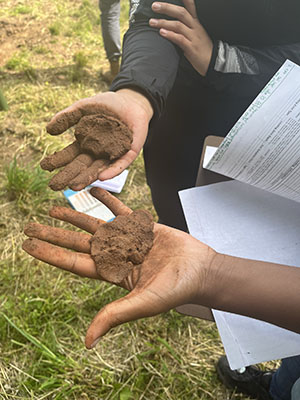
After the 8-week course session concludes, we’ll place you in a 200-hour (~ 5-week) unpaid internship with a local health department. Rutgers arranges the field experience for EPH students in accordance with the EPH Field Training Manual, which ensures that all trainees receive a complete field training experience.
During your internship experience, you’ll gain a wide range of on-the-job skills including:
- Addressing current public health concerns
- Conducting epidemiological investigations
- Inspecting wholesale and retail food establishments
- Investigating air and noise pollution
- Investigating reports of disease outbreaks
- Monitoring streams, lakes, and groundwater
After EPH – What Comes Next?
Once you’ve successfully completed the entire EPH Program, you will be eligible to apply for the State REHS licensing exam and begin your career in public health!
